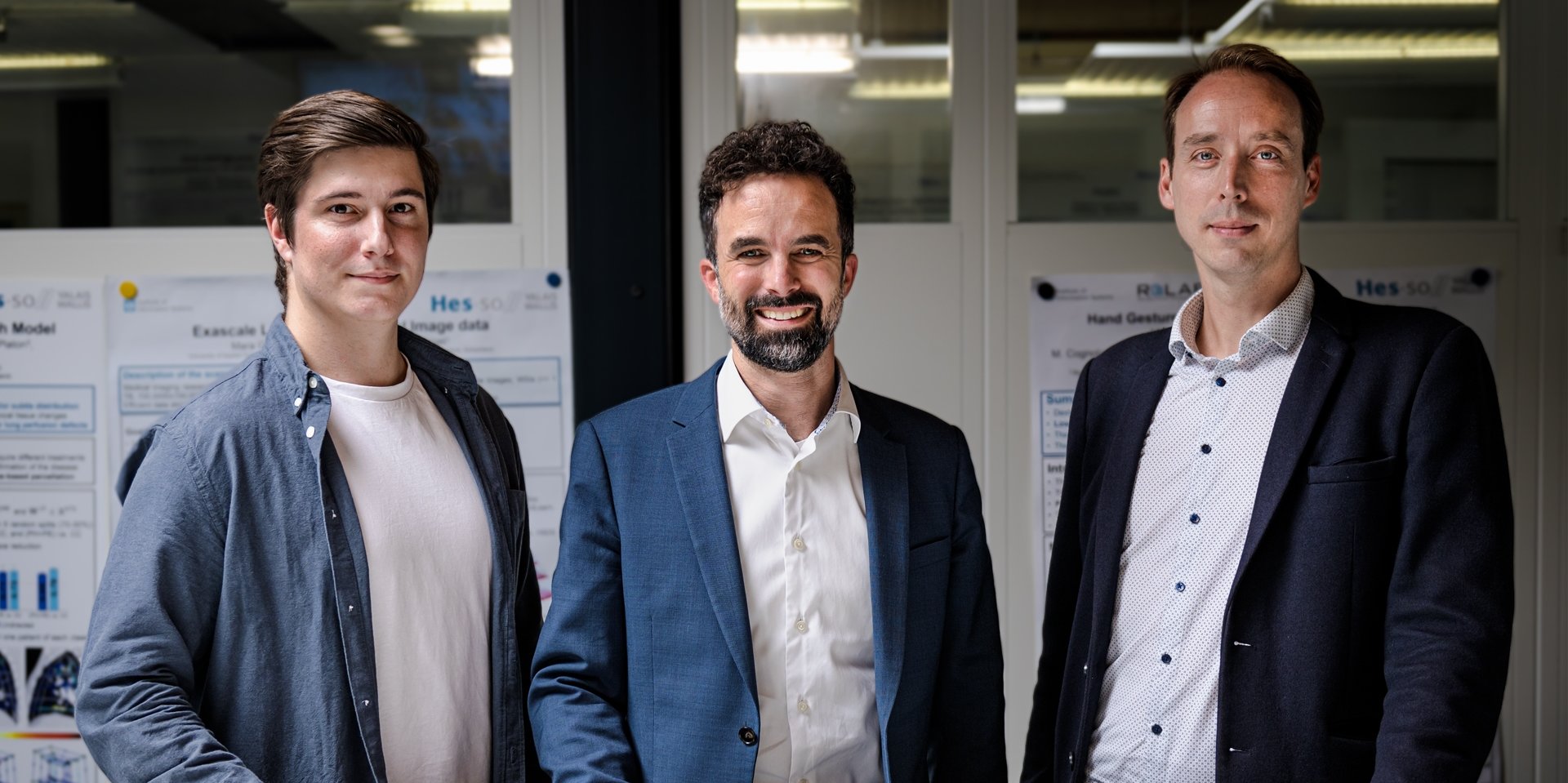Socially-Aware Learning Spaces – EPFL

We were invited by the EPFL to talk about our paper entitled "Socially-Aware Learning Spaces".
Our collaborative leaning pursuits and interpersonal interactions contain subtle cues in the form of latent contextual signals – untapped and yet invaluable information that holds a great potential to render technologies more ‘socially-aware’ of the state of collaboration. Such precise awareness can enable technologies to support users’ collaborative activities in a better and more profound manner. Manifesting as the intricacies and nuances in our social interactions – often direct or mediated through artifacts – these contextual signals ascribe meaning to the ongoing social context. For example, while collaboratively writing a semester project report, if one of the students gets distracted and stops paying attention to the report, her peer can infer this distraction from the former’s gaze. Even though this subtle act of inferring from someone’s gaze is a meaningful indicator of the state of collaboration and of collaborators, complex and multi-layered contextual signals such as this have so far been ignored in design of socially-aware services, technologies, and even spaces. The social awareness of learning spaces, therefore, entails the examination (and subsequent leveraging) of recurrent and short-term physical and physiological indicators of human behaviour that can provide insights into the cognitive and social aspects of collaboration.

